Short Poetry Collection 031
LibriVox’s Short Poetry Collection 031: a collection of 20 public-domain poems. [chương_files]
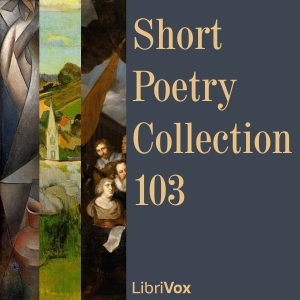
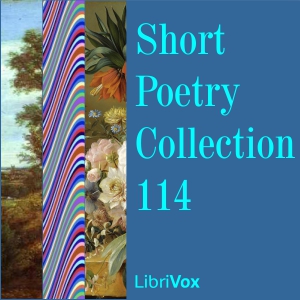
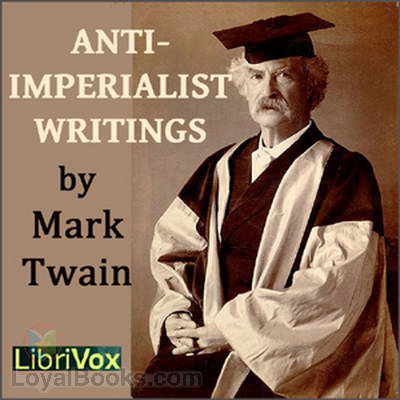
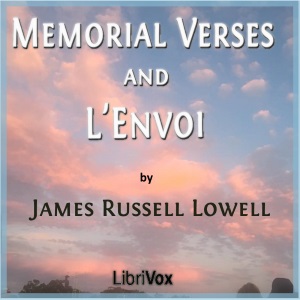
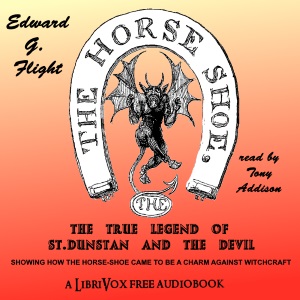


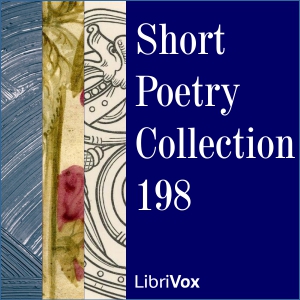
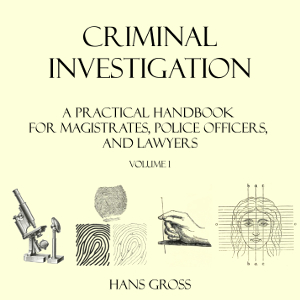
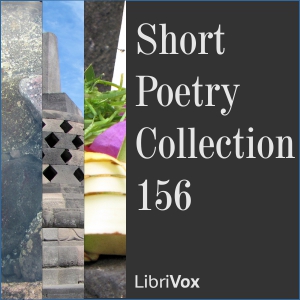
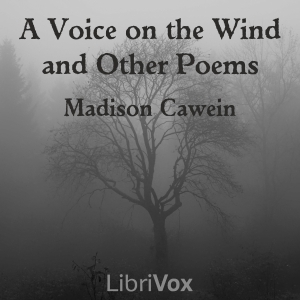
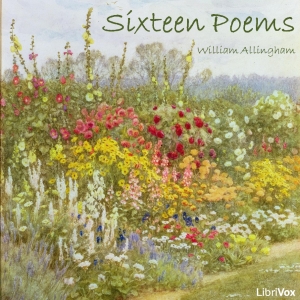

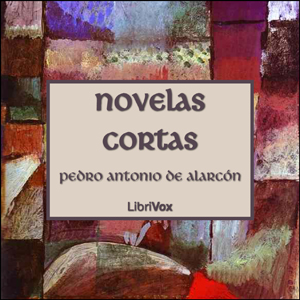
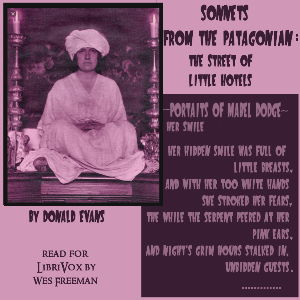
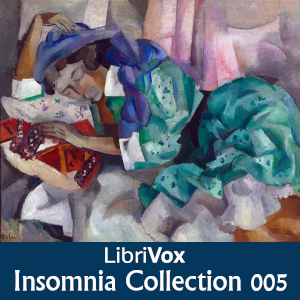
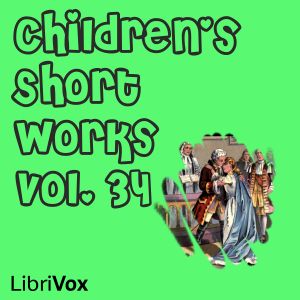

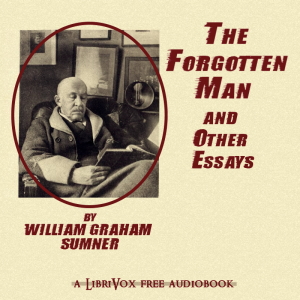
LibriVox’s Short Poetry Collection 031: a collection of 20 public-domain poems. [chương_files]
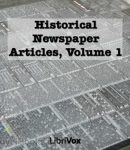
Public Domain newspaper articles in the US span a period of nearly two and a half centuries. Subjects, styles, period, publisher, and length vary greatly. This collection is a sampling of twenty such articles including one from the Journal de Paris. [chương_files]
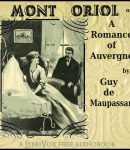
Young bride Christiane arrives in Auvergne to “take the waters” with her husband, described as “a sickly flower, or a sucking pig with its hair shaved off.” But rather than the relaxing family vacation she expects, she finds herself the center of a conspiracy between her father, the Marquis, and the “fossil” medical team in an effort to solve the problem of a lack of heir. Suddenly the discovery of a new spa throws the resort into disarray and brings a lowly family to prominence. Romantic intrigue, financial speculation, satire in the medical profession, a social commentary on the status of women, are all delivered in de Maupassant’s picturesque prose. (Lynne Thompson) [chương_files]
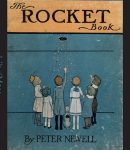
The Rocket Book can be listened to while viewing a beautiful facsimile edition at the International Children’s Digital Libarary (ICDL): http://childrenslibrary.org/ The Rocket Book begins when the son of a building superintendent sets a match to a rocket he discovered in the basement. Suddenly, the rocket blasts its way up through apartment after apartment in a high-rise, disrupting and transforming the humdrum goings-on of twenty families till it is finally stopped cold by something in the attic. An elliptical hole is punched in each of the book’s pages and illustrations to signify where the rocket passed through every apartment! As in all of Newell’s books, the verse on the verso-page provides commentary on the recto-page illustration. This book and Newell’s The Slant Book pioneered the “special format” children’s literature of today, such as pop-up books or cutout books like Eric Carle’s The Very Hungry Caterpillar. Newell’s books from 80 years ago have been reprinted, since Newell has undergone a resurgence in popularity much as Dr. Seuss’s books did during the 1980s. This is a boon for teachers and home-schooling parents, since this recording can now be listened to as youngsters page through a real book (ISBN: 0-8048-0505-9) or as they view the ICDL scanned version online (both are a real treat)! (Summary by Denny Sayers) [chương_files]
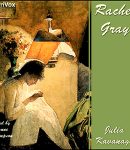
Kavanagh’s books feature strong young women, like herself, and had much popular appeal among that audience during her lifetime. She lived most of her life in France, caring for her invalid mother, remaining unmarried. ‘Rachel Gray’ is founded on fact although the author used her imagination to embellish the story. She said that she wished to ‘show the intellectual, the educated, the fortunate, that minds which they are apt to slight as narrow, that lives which they pity as moving in the straight and gloomy paths of mediocrity, are often blessed and graced beyond the usual lot, with those lovely aspirations towards better deeds and immortal things, without which life is indeed a thing of little worth; cold and dull as a sunless day.’ We find Rachel a dressmaker in a poor neighborhood in London, living with her step-mother and two apprentices. Unloved and lonely, she loses herself in contemplation of God, charity and the beauty of life; but her day-dreaming has led to the reputation of being “slow” or “dim-witted” and she is despised by all, except Richard Jones, the father of one of the apprentices. Rather than being one of the millions of anonymous poor, Rachel Gray proves herself to be one of those whom heaven smiles upon. ( Lynne Thompson) [chương_files]
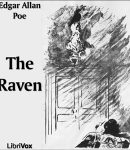
Perhaps Edgar Allen Poe’s most famous poem, the “Raven” is a macabre exploration of a man, his memories of Lenore, and the black bird that interrupts his studies on a dark December night, with tap-tap-tapping at his chamber door. (Summary by Hugh) [chương_files]
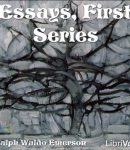
“I do not wish to treat friendships daintily but with roughest courage. When they are real, they are not glass beads or frost-work but the solidest thing we know….” is how Ralph Waldo Emerson saw the ties of friendship in one of his essays titled Friendship, more than a hundred years ago. This and other interesting essays are included in Essays First Series by Ralph Waldo Emerson, the distinguished American philosopher and writer. Apart from writing, he was also a very gifted and popular public speaker who toured the length and breadth of the country sharing his ideas with the larger public. A distinguishing feature of Emerson’s work in both lectures and writings was that he initially focused on religious and spiritual matters like many of his contemporaries, but in time, he moved away from such a narrow range and deepened and broadened the nature of his ideas. His friends included Thoreau, Oliver Wendell Holmes and through his works, he extended his influence to many thinkers, including those as widely different as Nietzsche and William James (who was also his godson.) His ideas were considered quite innovative and radical for the time. He was a staunch believer in individual freedom and equality of the races. As a strong supporter of abolitionism, he believed that slavery was a prime example of human injustice. Known as the “Concord Sage” Emerson’s thoughts influenced the politics and thinking of the age. His essays were almost all written for the lecture format initially and their […]
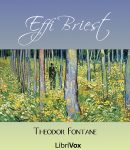
Effi Briest is a classic of Prussian Realism, relatively unknown in the English speaking world, but widely taught in German schools. This tragic tale tells the story of Effi, a young woman from an old and respectable family who, due to a sense of duty, marries Geert von Instetten, a much older Prussian official. The tragedy unfolds as a consequence of Instetten’s strict following of his duties in society in response to his wife’s indiscretions. Thomas Mann once wrote that if one’s library had to be reduced to six books, Effi Briest should be one of them. (Summary by Margaret ) [chương_files]
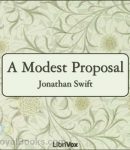
A satirical essay written by one of the most renowned satirists, Jonathan Swift, A Modest Proposal expresses the author’s exasperation with the ill treatment of impoverished Irish citizens as a result of English exploitation and social inertia. Furthermore, Swift ventilates the severity of Ireland’s political incompetence, the tyrannical English policies, the callous attitudes of the wealthy, and the destitution faced by the Irish people. Focusing on numerous aspects of society including government exploitation, reckless greed, hypocrisy, apathy, and prejudice, the essay successfully exemplifies Swift’s satirical skills. The essay opens with Swift’s recognition of the squalor and poverty in which the Irish people live, as they are reduced to beggary, forced to panhandle for food on the streets. He also addresses the issue of overpopulation, and the problems that arise due to large families with multiple mouths to feed. Concluding that the beggar children are a burden to society, Swift seeks to find a solution to the concerning issue. As a result, he suggests that children should contribute to the welfare of the nation, and be transformed into productive members of society. Coming up with what he believes to be the best possible solution for all parties, he proposes that parents should fatten their infants, and once they have passed the undemanding one-year period of infancy, they should be sold for the purpose of feeding the wealthy. Swift goes on to support his proposal, as he argues that infants before the age of one are quite economical, as they only require […]
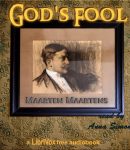
At the age of nine, Elias Lossell becomes deaf and blind from an accident. Communication with him becomes difficult, and mentally, he never really grows up. Years later, circumstances make him the richest man in town as the heir of the wealthy firm of tea merchants, while his two younger twin half-brothers Hendrik and Hubert are left to do the actual work of management on his behalf. This causes a lot of resentment, especially with half-brother Hendrik, who loves money, and is also hampered by a headstrong, spendthrift wife. Hendrik tries to gain control of the firm and buy out Elias by any means, but things get out of hand. The novel is full of satirical comments and asides directed at the reader. It is set in the fictitious Dutch town of Koopstad (“Buying City”), where money, commercial success and social status are very important. It gives a satirical view of contemporary life at the end of the 19th century. The novel was a bestseller at the time of its appearance in 1892, though it is now all but forgotten. Maarten Maartens (1858-1915) was a Dutch writer who wrote all his principal literary work in English. (Summary by Anna Simon) [chương_files]
Copyright © 2024 | FreeAudible